In celebration of Pride Month, we are pleased to spotlight a selection of LGBTQIA+ composers and allies whose choral works have inspired us with their artistry, honesty, and emotional depth. Some are long-time favorites you may have heard at a Pacific Chorale performance; others are voices we’re excited to explore more deeply as we continue our commitment to lifting up underrepresented stories in choral music.
Benjamin Britten (1913–1976)
.jpg)
A towering 20th-century English composer of operas and choral works, Britten was openly gay in his private life and drew inspiration from his relationship with tenor Peter Pears. In an era when homosexuality was still criminalized, Britten’s works (e.g. War Requiem) subtly reflected his identity and challenged social norms. He and Pears lived and worked together for decades, making Britten a key LGBTQ figure in classical music history.
Dame Ethel Smyth (1858–1944)
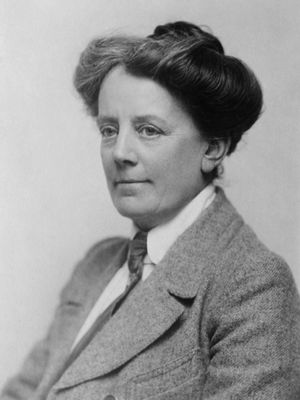
A British composer and suffragette, Smyth was a proud lesbian who “made no secret” of her relationships with. She composed choral works like the Mass in D and the anthem “The March of the Women,” which became a rallying song for the women’s suffrage movement. Smyth’s outspokenness and activism – including dedicating music to her female lovers – cement her legacy as an early LGBTQ trailblazer in choral/classical music.
Francis Poulenc (1899–1963)
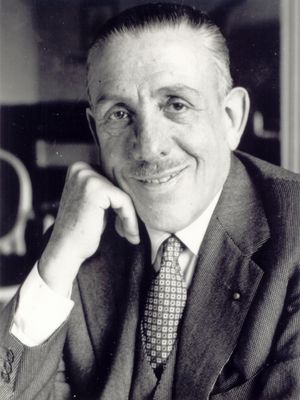
A French composer known for his sacred choral music (Gloria, Stabat Mater) and art songs, Poulenc was one of the first composers to live openly as a gay man. He balanced his sexuality with a deep Catholic faith, a duality often reflected in his compositions. Scholars note that Poulenc did not shy away from his identity even while writing religious music, making his life and work significant in LGBTQ music history.
Aaron Copland (1900–1990)
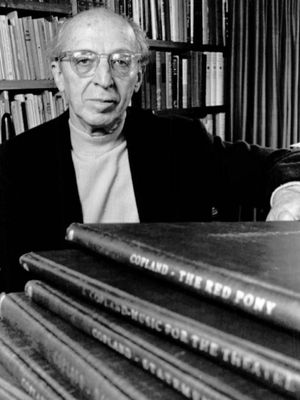
A central American composer of the 20th century, known for works like Appalachian Spring as well as choral pieces (In the Beginning), Copland was a gay man who lived relatively privately. Letters between Copland and his male partners (like artist Prentiss Taylor) confirm intimate relationships. Copland didn’t overtly broadcast his sexuality, but he also did not hide that he traveled and lived with male companions. His stature and open secret as a gay man made him an important figure for LGBTQ visibility in American classical music.
Samuel Barber (1910–1981)
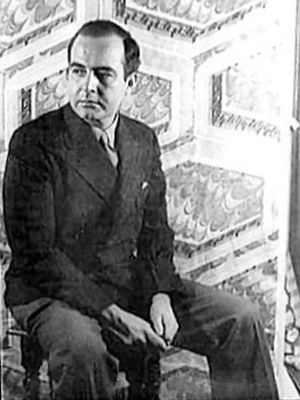
An American composer best known for Adagio for Strings (which he arranged as an Agnus Dei for chorus), Barber was openly gay among his circle and in a lifelong partnership with composer Gian Carlo Menotti. Unlike many of his peers, Barber never tried to mask his homosexuality in his
personal life. He won two Pulitzer Prizes and wrote choral works like Reincarnations. His romantic and creative partnership with Menotti was one of the notable same-sex partnerships in music at the time.
Gian Carlo Menotti (1911–2007)
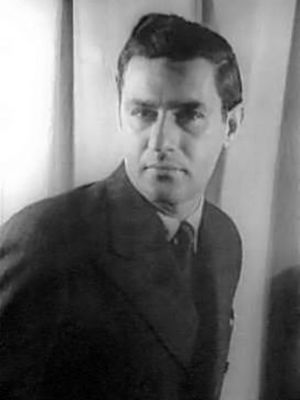
An Italian-American composer of operas (Amahl and the Night Visitors) and choral works, Menotti was the life partner of Samuel Barber. Together from their student days, Menotti and Barber were open about their relationship in their social sphere. Menotti himself won a Pulitzer Prize for opera and also founded the Spoleto Festival. His presence, alongside Barber, as an out gay couple in mid-20th-century classical music provided representation and support for LGBTQ artists.
Leonard Bernstein (1918–1990)
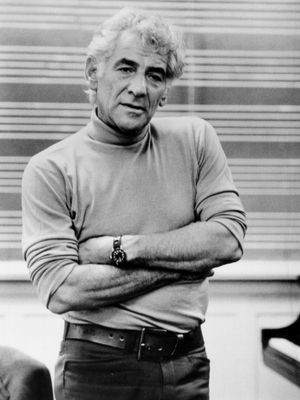
A famed American composer and conductor, Bernstein wrote notable choral works (Chichester Psalms, Mass) and Broadway shows. He had an “on-again-off-again” marriage to a woman, Felicia Montealegre, but was, by all accounts, a gay man. Montealegre herself acknowledged Bernstein’s homosexuality in letters. Colleagues like Arthur Laurents described him simply as “a gay man who got married.” In later years, Bernstein became an ally in AIDS advocacy and remains a complex figure who navigated a public life in the arts while privately identifying as gay.
Ned Rorem (1923–2022)
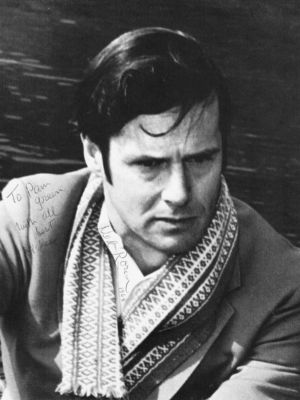
An American composer famed for art songs and choral music, Rorem was openly gay and unabashed about it. In the 1950s, when most gay artists were closeted, Rorem published candid diaries detailing his same-sex relationships and “sexual exploits,” making him an “unapologetic gay icon” in the classical music world. He composed a vast body of choral works and even wrote pieces for gay men’s choruses, setting texts by gay poets. Rorem’s life and writing were groundbreaking in bringing LGBTQ narratives into the open in music.
Meredith Monk (b. 1942)
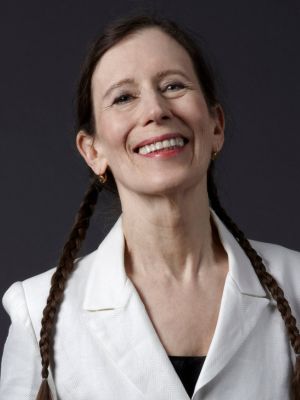
An innovative American composer and vocalist known for extended vocal techniques and choral ensemble pieces, Monk is an out lesbian. She has been with female partners (her longtime partner was dancer Mieke van Hoek) and has been open about her identity in the arts community. Monk’s interdisciplinary works (like her piece Songs of Ascension) often involve her vocal ensemble and blur lines between choral, theater, and dance. Her prominence as an “out lesbian” artist is noted in media, and she has helped pave the way for queer representation in contemporary vocal music.
Jennifer Higdon (b. 1962)
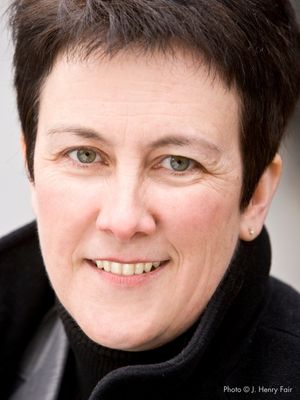
A leading contemporary American composer, Higdon has written for chorus (e.g. Voices, Love Came Down) in addition to her orchestral works. She is openly lesbian and married her longtime partner Cheryl Lawson in 2014, with conductor Marin Alsop officiating. Higdon’s success (Pulitzer Prize, multiple Grammys) has made her one of the most recorded living composers, and she often speaks to the importance of authenticity – including LGBTQ visibility – in her life and music. She serves as a role model for inclusion in the modern classical and choral scene.
Sir Michael Tippett (1905–1998)
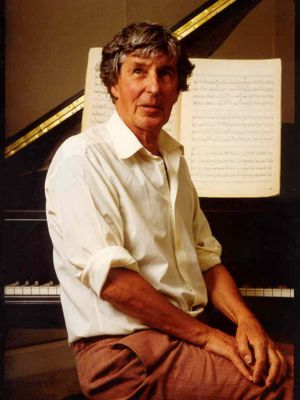
A British composer known for large choral works and oratorios (A Child of Our Time), Tippett was openly gay from mid-life onward. He never hid his “numerous same-sex relationships,” and was described by his partner/biographer as an “unabashed homosexual.” Tippett even wove homosexual themes into his operas (for example, The Knot Garden features a gay couple). Living in a time when homosexuality was illegal in Britain, Tippett still spoke and created with honesty about his identity, making him a pioneering LGBTQ figure in choral and classical music.
Nico Muhly (b. 1981)
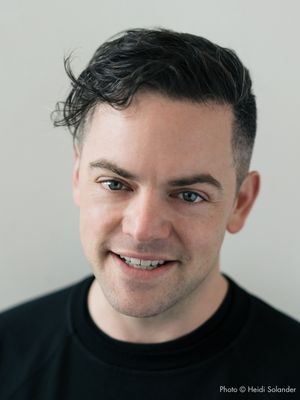
A prominent contemporary composer who writes extensively for choir (e.g. Bright Mass with Canons) and opera, Muhly is openly gay. He has discussed his sexuality and mental health openly, though he “lets his work speak for itself.” One of his notable works is the oratorio Sentences, which tells the story of gay mathematician Alan Turing. Muhly’s collaborations range from classical ensembles to pop artists, and his presence as an out gay composer in both classical and alternative music scenes has made him an influential voice in modern choral composition.
David Del Tredici (b. 1937)
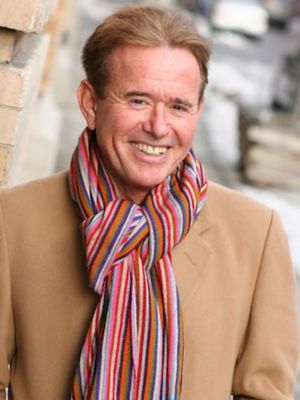
An American composer who won a Pulitzer Prize, Del Tredici is known for his Alice in Wonderland-inspired pieces and later, for explicitly gay-themed compositions. He came out as gay in mid-life and much of his work since the 1980s centers on his gay identity. For instance, his piece Bullycide deals with the tragedy of gay teen suicide. Del Tredici has also written works celebrating gay love and relationships. By infusing his compositions with LGBTQ themes and stories, he has been a vocal advocate for the community within classical and choral music.
John Corigliano (b. 1938)
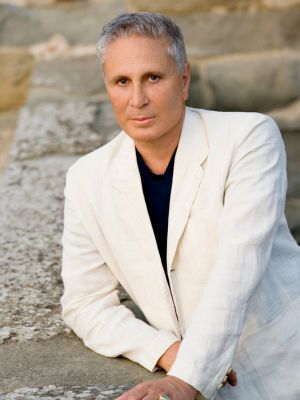
A celebrated American composer who has written choral music (Fern Hill for chorus and orchestra) and opera, Corigliano is an active member of the LGBTQ community. He has been openly gay for many years. Notably, he channeled his grief over friends lost in the AIDS crisis into his Symphony No. 1 (Of Rage and Remembrance) in 1989 – a powerful work often seen as an AIDS memorial piece. Corigliano’s career (including an Oscar and Pulitzer) and his out status have made him a prominent advocate for LGBTQ representation in the arts.
Caroline Shaw (b. 1982)
.jpg)
An American composer, singer, and Pulitzer Prize winner (youngest ever in music), Shaw often writes for voices and choirs (e.g. her a cappella work Partita for 8 Voices). She identifies as queer, embracing a fluid perspective on sexuality and art. In interviews Shaw has indicated that “queer” describes both “my sexuality” and her approach to breaking molds in music. Her openness and boundary-pushing compositions have made her a notable contemporary figure, and she has appeared in concerts that celebrate LGBTQ artistry in classical music.
Craig Hella Johnson (b. 1962)
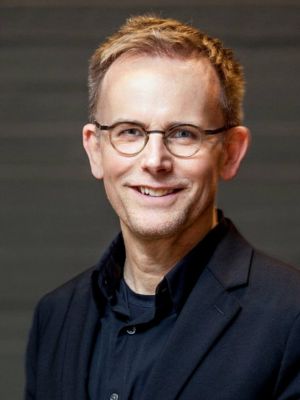
An American choral composer and conductor (founder of the choir Conspirare), Johnson is openly gay and a passionate ally for LGBTQ people through music. He composed the masterwork Considering Matthew Shepard, a fusion oratorio honoring a young gay hate-crime victim. Johnson speaks of living in Texas “as a gay person” with an aim to spread “open-heartedness.” His leadership in the choral field, including commissioning new works on queer themes, and his own compositions have provided healing and advocacy for the LGBTQ community.
Andrew Lippa (b. 1964)
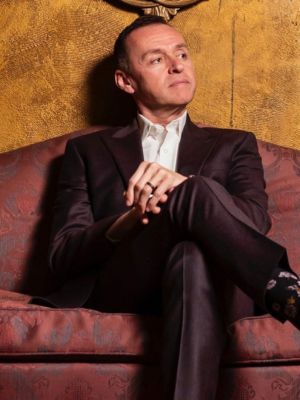
A Broadway and choral composer who is gay and whose work often focuses on LGBTQ history. Lippa wrote the oratorio I Am Harvey Milk (2013) and the musical cantata Unbreakable (2018) – both are choral theatrical works about queer community milestones. He has been involved in these productions as a performer and composer, coming of age “as a gay man” in the post-Stonewall era. Lippa even mentioned his personal connection, noting his own husband’s involvement in the film Milk. Through such works, Lippa has become a creative voice preserving LGBTQ history and celebrating pride through choral music.
David Conte (b. 1955)
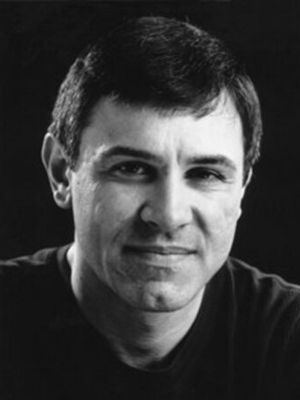
An American composer especially known for choral music, Conte is openly gay and has written moving works for the community. He has composed memorial pieces like Elegy for Matthew (in memory of Matthew Shepard, commissioned by the New York City Gay Men’s Chorus). Conte has spoken about reconciling his faith and sexuality “as a gay man,” and many of his over 150 compositions for chorus, opera, and orchestra are performed by groups around the world. As a faculty member at SF Conservatory and an active composer for gay choruses, Conte is a respected figure linking choral artistry with LGBTQ advocacy.
Stephen Schwartz (b. 1948)
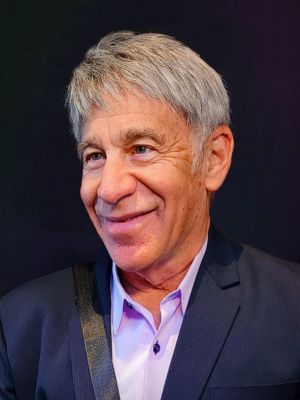
A highly successful musical theatre composer and a friend/ally to the LGBTQ community. Though not gay himself, Schwartz used his platform to address LGBTQ issues in choral music. He was the driving force behind Tyler’s Suite, a multi-composer choral work about anti-gay bullying and the tragic suicide of Tyler Clementi. Schwartz personally contributed the song “Testimony” (with lyrics drawn from LGBTQ youth testimonies) for the San Francisco Gay Men’s Chorus. By rallying fellow composers to create Tyler’s Suite, Schwartz demonstrated public support as an ally, using choral art to promote empathy and change.
Ysaye M. Barnwell (b. 1946)
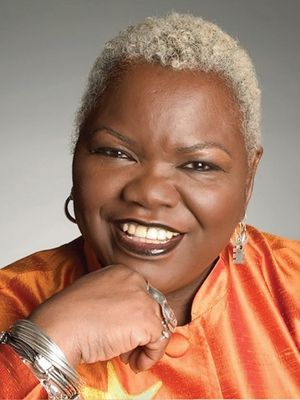
An African-American composer and singer (longtime member of the vocal group Sweet Honey in the Rock) who has been an outspoken ally to LGBTQ folks. Sweet Honey’s repertoire, much of which Barnwell wrote or arranged, has often tackled social injustices. When the fight for LGBT rights emerged, the group “took on the oppression experienced by the homosexual community,” even though most members were not LGBTQ themselves. Barnwell’s song “Would You Harbor Me?”, for example, invites listeners to offer safe haven to the marginalized and is frequently performed by LGBTQ choirs. Through decades of performances and workshops, Barnwell has used choral music as a tool for inclusivity and solidarity with the LGBTQ community.
Each of these composers has either lived as an LGBTQIA+ individual or stood up as an ally, contributing in unique ways to choral music while advocating (explicitly or implicitly) for acceptance and understanding. Their lives and works illustrate the diversity and impact of LGBTQIA+ presence in the choral field, from the Baroque era to today’s contemporary ensembles. We are always learning! If you know of any sources that can help expand our knowledge, we welcome hearing about them.
Resources:
The information above is supported by historical accounts and musicologists, interviews and articles highlighting the composers’ own words and relationships (Craig Hella Johnson - L Style G Style) (“I Am Harvey Milk” oratorio comes to Princeton - Philadelphia Gay News), and reputable music histories (15 important LGBTQ+ composers in classical music history - Classic FM) (10 contemporary queer composers to listen to in honor of Pride Month) that document their identities, activism, and thematic works.
